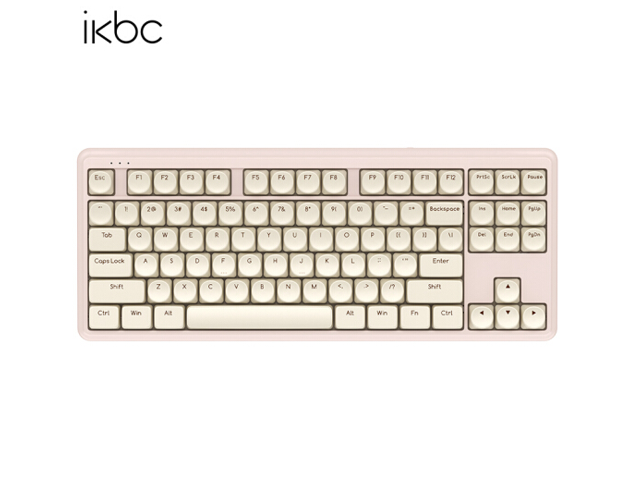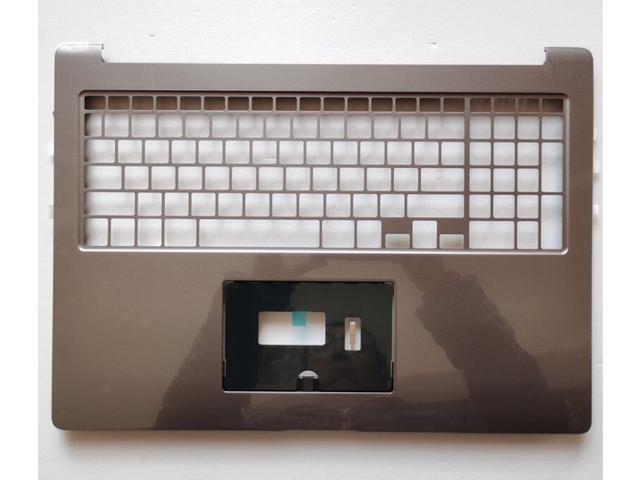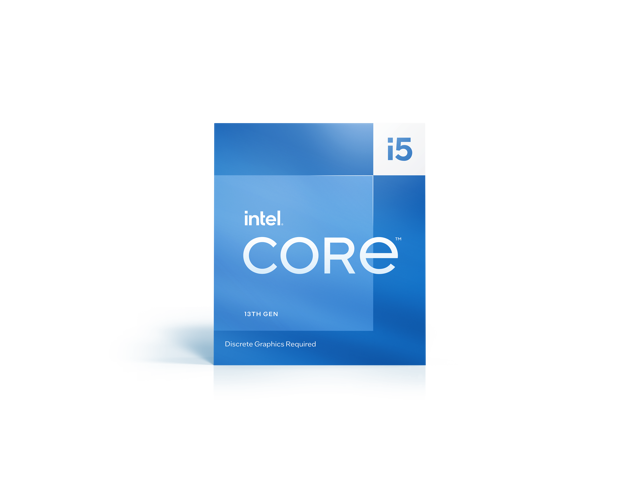Recent years have seen a striking surge in the production of literary biopics. Writers turned cinema subject in recent films include Shakespeare, Jane Austen, Virginia Woolf, Iris Murdoch, Dylan Thomas, Sylvia Plath, Ted Hughes, Lillian Hellman, Allen Ginsberg, Kafka, Keats, Kaufman, and many more. This cultural phenomenon prompts a re-examination of a long and varied history of cinematic engagements with authorial creativity. The Writer on Film examines films about writers, real and fictional, from the silent era to the present. It asks how filmmakers have narratively and iconographically configured writers’ lives and acts of writing. How might the mysterious processes of a literary imagination at work be cinematically expressed? What views of inspiration, muses, redrafting and publication have films taken and how, in cinematic representation, have these been gendered? How has cinema chosen to configure the tools and symbols of writing - quills, pens, ink pots, desks, studies, typewriters, keyboards and books? And what cultural and commercial agendas are revealed in cinema’s compulsive return not just to literary material (whose story is already well told) but, specifically, to literary process (whose story is not)? Case studies include Diary of a Country Priest, Letter from an Unknown Woman, Julia, My Brilliant Career, Prospero’s Books, Adaptation, Shakespeare in Love, Sylvia, The Lives of Others, Becoming Jane, Atonement, Bright Star, Enid and Howl.















